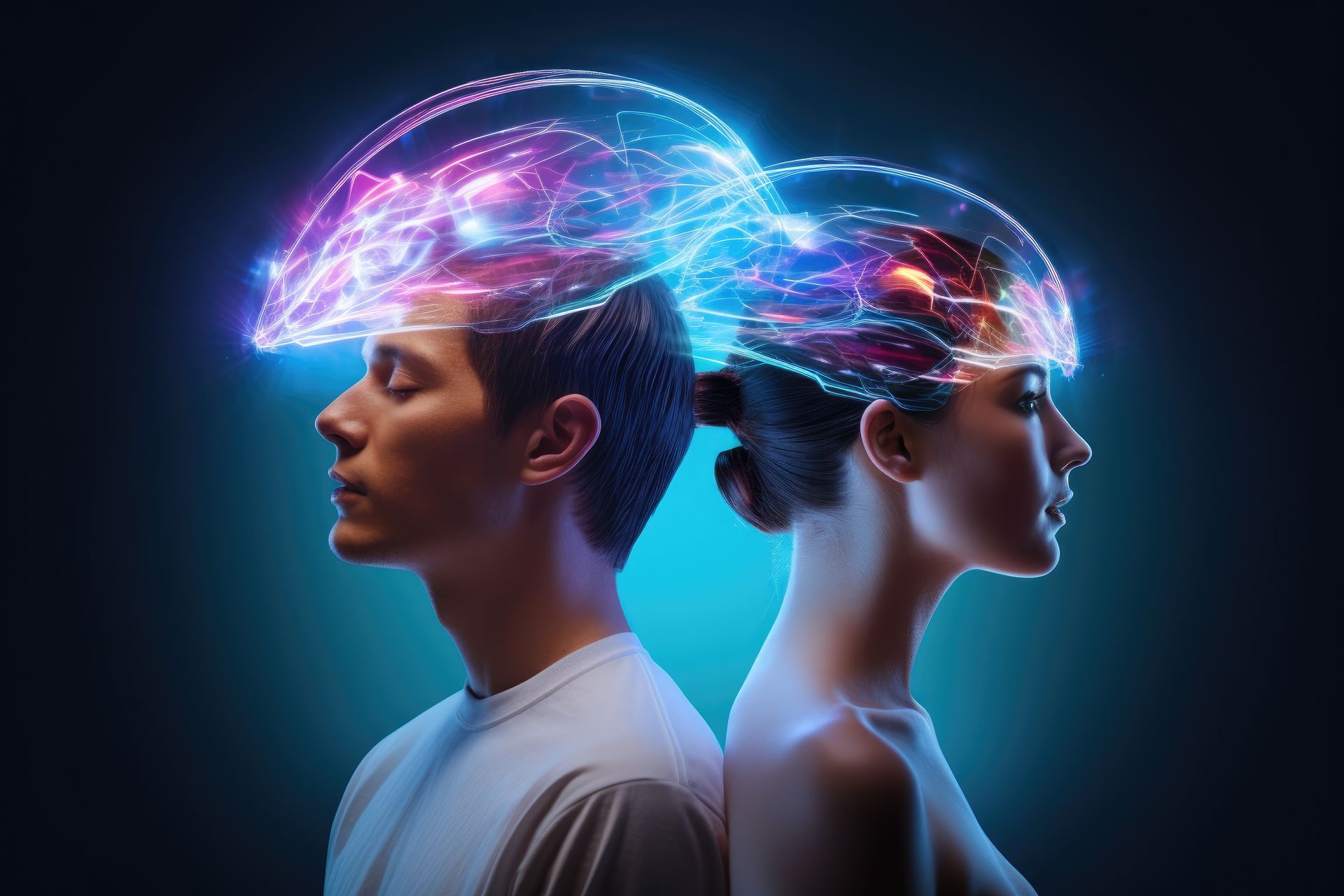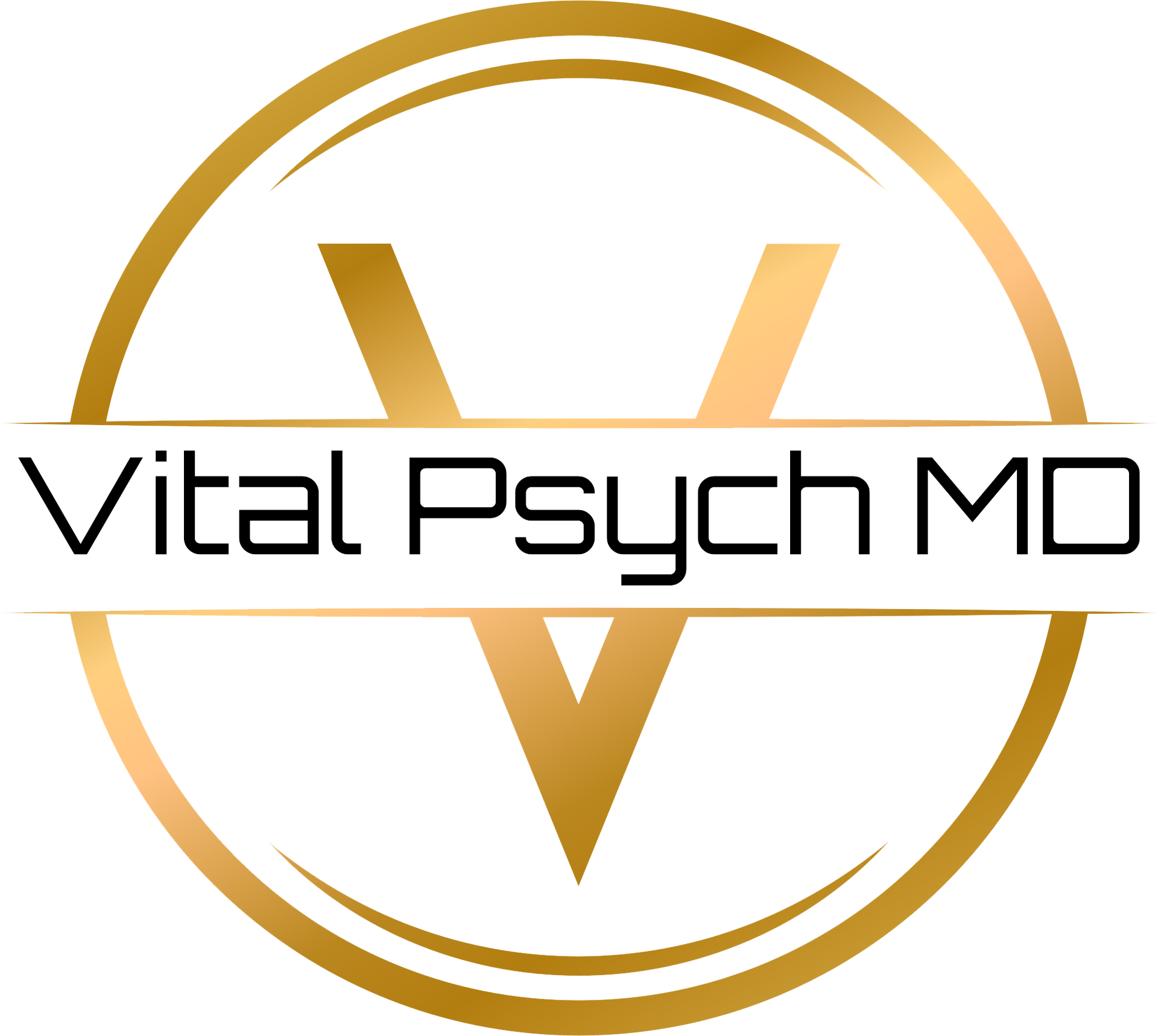The Relationship Between Mental Health and Chronic Pain
Chronic pain is a condition that affects millions of people worldwide, profoundly impacting their quality of life. While the physical aspects of chronic pain are often the primary focus, the interplay between chronic pain and mental health is equally significant.
Understanding Chronic Pain
Chronic pain is a persistent pain that lasts for more than three months and can vary in intensity. It can stem from various conditions and impact different parts of the body. Common types include neuropathic pain, musculoskeletal pain, and visceral pain. Neuropathic pain results from nerve damage, musculoskeletal pain affects muscles and bones, while visceral pain originates from internal organs.
Chronic pain is a widespread issue. According to the Centers for Disease Control and Prevention (CDC), approximately 20% of adults in the United States experience chronic pain. It is more prevalent among older adults, women, and individuals with lower socioeconomic status. Conditions such as arthritis, fibromyalgia, and chronic migraines are frequent causes.
Diagnosing chronic pain involves a comprehensive assessment. Healthcare providers use patient history, physical examinations, and diagnostic tests like MRIs or blood tests to identify underlying causes. Pain scales and questionnaires help evaluate the intensity and impact on daily life.
The Mental Health Impact of Chronic Pain
Chronic pain significantly affects mental health. The persistent discomfort can lead to emotional distress, altering an individual's mood and overall well-being. Depression is commonly linked to chronic pain. The continuous struggle with pain can lead to feelings of hopelessness and helplessness, contributing to depressive symptoms.
Anxiety disorders are also prevalent among those with chronic pain. The uncertainty of pain flare-ups and the fear of worsening conditions can cause significant anxiety. Other mental health issues, such as sleep disturbances and cognitive impairments, are also associated with chronic pain, further complicating the individual's mental health landscape.
How Mental Health Issues Exacerbate Chronic Pain
Psychological factors play a crucial role in pain perception. Stress and emotional well-being significantly influence how pain is experienced. For instance, stress can heighten pain sensitivity, making the pain feel more intense.
The mental health-pain cycle is well-documented. Research shows that individuals with chronic pain who also suffer from depression or anxiety report higher pain levels. This cycle can create a feedback loop where pain worsens mental health, which in turn exacerbates the pain.
Integrated Pain Management Approaches
Integrated pain management involves a multidisciplinary approach to treat chronic pain. This method combines medical, psychological, and physical therapies to address the multifaceted nature of chronic pain. Benefits include comprehensive care that targets both physical symptoms and mental health aspects.
Examples of integrated pain management programs include combining medication with physical therapy, psychological counseling, and lifestyle modifications. These programs aim to reduce pain, improve function, and enhance the quality of life. Patient testimonials often highlight significant improvements in pain management and overall well-being through these comprehensive approaches.
Cognitive-Behavioral Therapy (CBT) for Chronic Pain and Mental Health
Cognitive-Behavioral Therapy (CBT) is a psychological treatment grounded in the idea that thoughts, feelings, and behaviors are interconnected and influence one another. In the context of chronic pain, CBT helps individuals reframe negative thought patterns, alter maladaptive behaviors, and regulate emotions that can exacerbate pain experiences. By addressing the cognitive distortions that often accompany chronic pain—such as catastrophizing or overgeneralization—CBT empowers individuals to regain a sense of control over their pain and its impact on their lives.
CBT is not just focused on reducing pain perception but also targets the emotional and psychological toll that chronic pain can impose. People living with chronic pain often experience co-occurring mental health issues such as depression, anxiety, or feelings of hopelessness. Through CBT, patients learn valuable coping strategies, including relaxation techniques like deep breathing, mindfulness, or progressive muscle relaxation, as well as practical problem-solving skills that improve daily functioning and quality of life.
Research consistently shows that CBT is effective in reducing pain intensity, enhancing mental well-being, and improving overall functioning. By fostering resilience, helping individuals shift their focus from pain to more positive and adaptive coping mechanisms, and promoting behavioral changes that reduce pain sensitivity, CBT has become a cornerstone in the management of chronic pain. This therapy can be delivered in individual or group settings and is often combined with other treatments for a holistic approach to pain management.
CBT’s benefits are long-lasting, as it equips individuals with tools they can continue to use even after formal treatment has ended. The evidence supporting CBT’s effectiveness is extensive, showing significant improvements not only in pain and mental health outcomes but also in enhancing patients' ability to engage in daily activities and improving their overall quality of life.
Medication and Other Medical Interventions
Medications are commonly used to manage chronic pain. Nonsteroidal anti-inflammatory drugs (NSAIDs), opioids, and anticonvulsants are frequently prescribed. These medications can have mental health effects, such as mood changes or dependency issues.
Antidepressants and anxiolytics also play a role in pain management. These medications not only address mental health conditions but can also alleviate pain. Emerging treatments, like medical cannabis and nerve blocks, show potential benefits but require further research.
Long-term medication use carries risks, including tolerance, dependency, and side effects. It's essential to balance pain relief with potential risks and continuously monitor and adjust treatment plans.
Lifestyle and Self-Management Strategies
Physical activity and exercise are vital in managing chronic pain. Regular movement can reduce pain intensity, improve function, and boost mental health. Mindfulness and relaxation techniques, such as meditation and deep breathing exercises, help manage stress and pain perception.
Diet and nutrition also play a role. A balanced diet rich in anti-inflammatory foods can help reduce pain and improve overall health. Support groups and community resources provide social support, which is crucial for managing chronic pain and mental health.
The Importance of Seeking Professional Help
It's essential to seek help when chronic pain and mental health issues interfere with daily life. Finding a qualified mental health professional can provide the necessary support and treatment. A personalized treatment plan that addresses both physical and mental health aspects is crucial for effective management.
Telehealth services offer accessible care, especially for those in remote areas or with mobility issues. They provide a convenient way to receive professional help and maintain regular check-ins with healthcare providers.
Understanding the intricate relationship between chronic pain and mental health is crucial for effective management. By recognizing how these two aspects influence each other, individuals can seek comprehensive treatment plans that address both physical and mental health needs. Integrated pain management, Cognitive-Behavioral Therapy, medication, and lifestyle changes all play a role in improving the quality of life for those suffering from chronic pain.
For more information or to seek professional help, please
contact Vital Psych MD. Our team is dedicated to providing comprehensive care that addresses both your mental health and chronic pain management needs.











